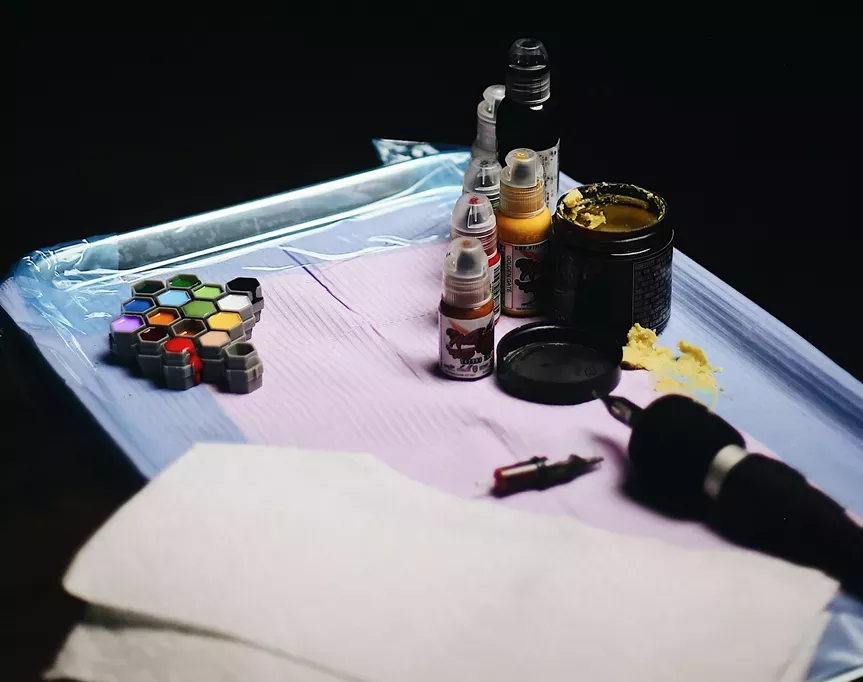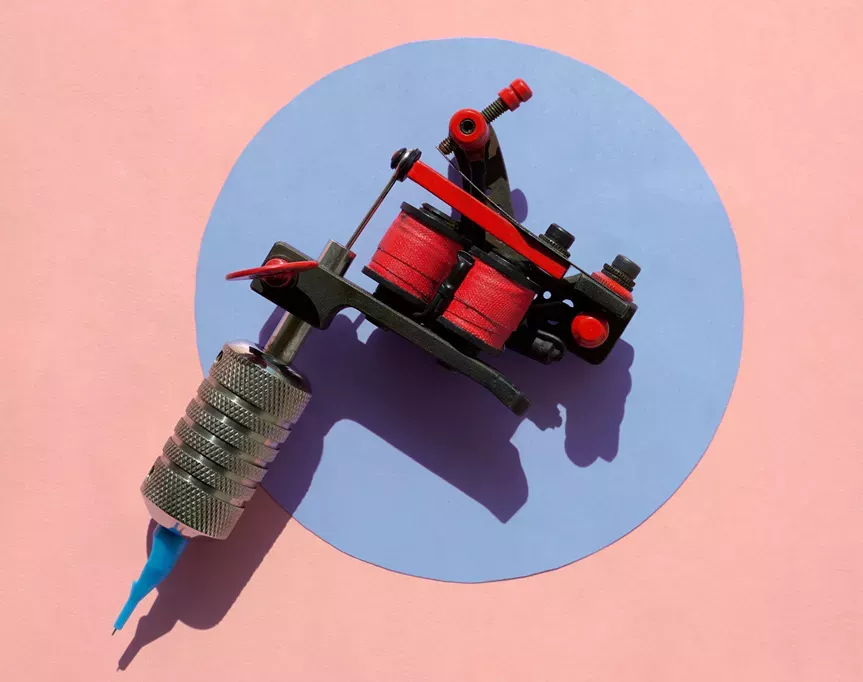'hair by where are you from?' celebrates black hair in australia
Since 2018, Melbourne writer and curator Sabina McKenna has been exploring race, identity and belonging with her photographic project Where Are You From?. This week, she launched Hair by Where Are You From, an online exhibition celebrating afro-textured hair in all its glorious forms. Through various portraits, 26 women share a snippet of their relationship to their mane – from battling with straighteners to embracing their natural texture and pushing back against Eurocentric beauty ideals. Shot by Shannon May Powell, the full collection of photos and stories is available to view online at @whereareyoufrom__. We chatted to Sabina to find out why black hair can be both a fraught and healing topic of discussion.
Tell us a bit about why you started Where are you from? in the first place. I started it as a way to understand my experiences with the question and why they were always so negative. It’s something I’ve been asked from a very young age, and it never seemed to be coming from a positive place. People wouldn’t understand how annoyed and frustrated I would get in response to this question.
I thought art would be the perfect way to explore the subject, as many people feel safer expressing themselves this way, and art makes difficult subjects easier for people outside of the experience to access. WAYF was only intended as a short-term personal exercise, but I’m happy and grateful that it’s turned into something much more!
How did the Hair series come about? When I started Where are you from?, I realised the format would be a great way to explore other intersections of cultural identity – like textured hair – and hoped it would also be a cathartic experience, which it has been.
African hair is often perceived as messy, unprofessional and wild. People with textured, curly or coily hair have to think about whether they’ll be harassed on the street, not be taken seriously at work or be seen as dangerous or criminal before they go out with their hair in its natural state. This is literally the way it grows out of our heads.
When we wear hairstyles like braids and cornrows (which protect and maintain our hair) we can be compromising our livelihood because of the way it makes others perceive us. These styles have historical and cultural significance that date back centuries, but then non-black people wear them as a fun costume or accessory, and that’s a problem.
What other pressures do black women face when it comes to their hair? Even among black women, there's the notion of being more or less desirable based on the texture of your hair. When people talk about ‘good curls’ vs frizzy or tighter curls, it's the same as saying someone has ‘good skin’ because they are lighter or have a mixed complexion. This is a problem within the community, but it's also perpetuated heavily in popular culture, too.
Then there's the matter of not being able to access appropriate hair care or hairdressers. This happens in creative industries, too. Speaking from my personal experience modelling, even when I’m assured that there will be someone with the right skills available, I’ll often come prepared to do my own hair.
On the flip side, many black women are amazing at doing their own hair (and other people’s). We learn how to do our hair from a young age and I really love that about us – it shows our resilience even in the face of so much adversity.
How has your relationship with your hair changed over the years? My personal experiences learning to love my hair have been tumultuous. I spent many years thinking that it was my worst feature and trying a multitude of things to cover it up or change it. The way people treated me because of it (the remarks, touching, not being able to go to the hairdresser, the overall lack of representation for black women’s hair care in general) really got to me and challenged my sense of self worth.
I spent thousands of dollars on extensions, products, supplements, hot irons etc. That I was even able to do those things is a huge privilege in itself, but being so preoccupied with trying to make myself palatable made me pretty fed up over the years.
Including my own photo in this series was a huge leap for me. I’ve modelled quite a bit, but never with my natural hair. It has taken me so long to accept my hair. I never thought it would get easier, but bit-by-bit, it did. When I started learning what my hair needs to thrive, and not just how to make it as straight as possible, it naturally grew longer and become healthier overall.
The thing about black hair is that a lot of the traditional ways we treat it – relaxing, hot combs, weaves etc. – is very damaging to our hair and bodies. I’m glad there’s more awareness about this now to reform the industry, so that we honour our pattern and hair type instead of working against it.
A lot of black hair and beauty discussions stem from the US. What needs to change in Australia? It’s only inevitable that there is a more progressive industry for hair over in the US. The African population is much older there, while Colonial Australia is very young and the whiteness of our culture takes precedence over everything. So not only has our own hair and beauty industry not had the time to develop, but there is a direct resistance to it.
It’s no accident that hairdressers don’t learn about afro-textured hair in hairdressing school here – the people who make the courses genuinely don’t think it’s necessary. It’s the same for products – no one makes them because they don’t think anyone will buy them or that those people are worthy. When in actual fact black women spend a lot on their hair. There’s just nothing there for them.
Places like the US and UK are way ahead of us in that regard, but I have noticed the conversation brewing here. Because there are so many more black communities there, there are more salons, stores and discussions about black hair care. That definitely needs to change here, and we need to target the industry more so people can learn about afro hair.
What do you hope people come away with after seeing this series? I hope people who don’t have textured hair can experience a perspective different from their own. Like with Where are you from? I hope people think twice before they comment on someone’s hair or choose to wear a certain hair style. For people with textured hair, I hope it affirms their experiences and shows them just how beautiful our hair really is!




_(11)_(1).png&q=80&h=682&w=863&c=1&s=1)












.jpg&q=80&w=316&c=1&s=1)













.jpg&q=80&w=316&c=1&s=1)










